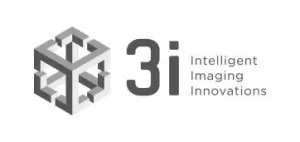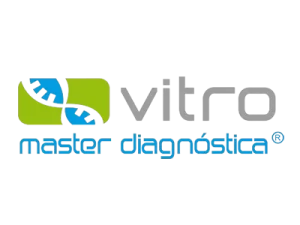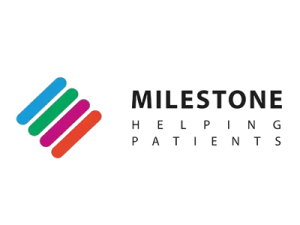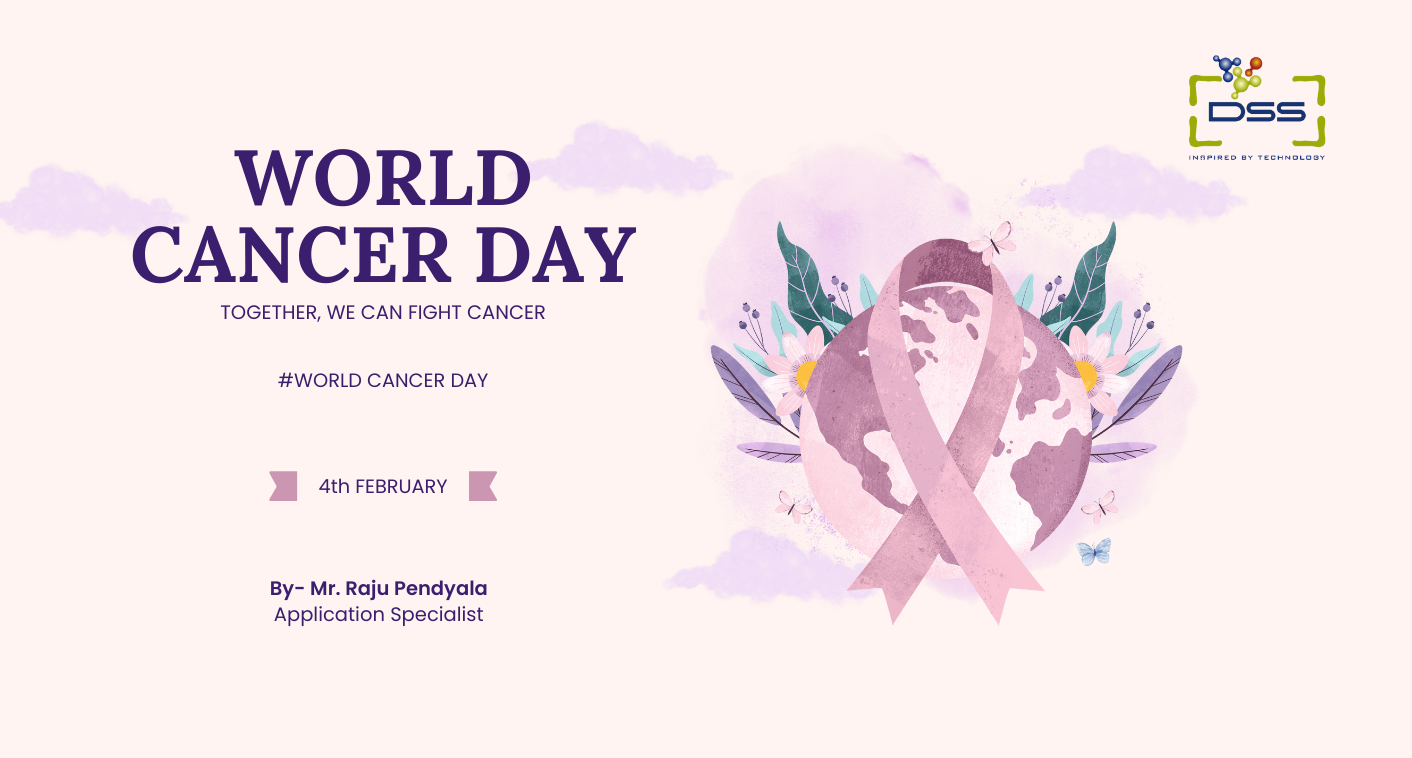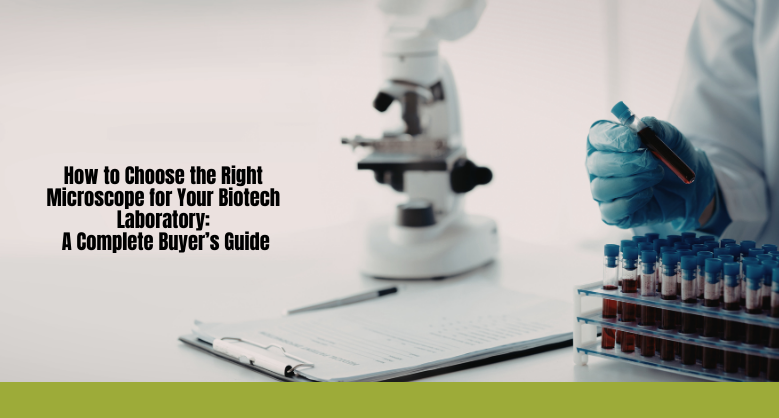DSS: Redefining Biotechnology & Life Science in India
- About Us
- Products & Services
PRODUCTS & SERVICES
- Applications & Specialities
All Applications & Specialities
- Brands
- Contact Us
-

-
 0
0
- ☰
- About Us
- Products & Services
-
Kits Reagents & Consumables
- Cytogenetics
- Dyes
- Fluorescence In Situ Hybridization (FISH)
- High-Performance Liquid Chromatography (HPLC)
- Histology
- Immuno Histo Chemistry (IHC)
- IVF Consumables
- Molecular Pathology & Diagnostics
- Multiplex Ligation-Dependent Probe Amplification (MLPA)
- Nucleic Acid Extraction
- PharmDx
- Real Time PCR
- Special Stains
- Instruments
- Software
- Accessories
- Advanced Material
- Therapies
-
Kits Reagents & Consumables
- Applications & Specialities
- Brands
- Brand - Life Sciences
- 3i
- ABBERIOR INSTRUMENTS
- Abbott Molecular
- ADS Biotec
- APPLIED SPECTRAL IMAGING
- BioAir Tecnilabo
- DAKO (AGILENT)
- Eden Tech
- Elveflow
- ENTROGEN
- EUROCLONE
- EVIDENT
- Genea
- Hamamatsu Photonics
- Invivoscribe
- MASTER DIAGNOSTICA
- MBF BIOSCIENCE
- MBST
- Medical Tek Co. Ltd
- MILESTONE MED SRL
- Molecular Machines & Industries
- MRC HOLLAND
- NeoDx
- Onward Assist
- Profound
- SCIENTIFICA
- SpaceGen
- Seqlo
- µCyte
- Brand - Industrial
- Brand - Life Sciences
- News & Events
- Career
- Contact Us
- Testimonial
- Blogs
- R&D
- CSR
- Press Release

Importance of Sleep
BY Anima Das 20th February 2023
How much sleep do you need?
A certain amount of sleep is mandatory and it varies from person to person. Our body may feel fully rested after 8
hours, while our partner may not feel so and need more sleep, say for 10 hours.
But for adults, as recommended by the National Sleep Foundation, every person needs 7 hours or more of sleep each and
every night to fully recuperate from the day’s shenanigans.
Here’s an analysis of the sleeping hour requirements for each age group:
- Adults of age 65 and up: 7 to 8 hours
- Adults of age 26 to 64: 7 to 9 hours
- Adults of age 18 to 25: 7 to 9 hours
- Teens: 8 to 10 hours
- School-age children: 9 to 11 hours
- Pre-schoolers: 10 to 13 hours
- Toddlers: 11 to 14 hours
- Infants: 12 to 15 hours
- New-borns: 14 to 17 hours
How much sleep is appropriate for you depends upon your circadian rhythm. Our internal clock tells us that it’s time to
fall asleep or wake up. Circadian rhythms depend upon sleep chemicals, like melatonin, and environmental cues, like
light and darkness.
If you’re sleep-deprived, you probably know it, because you would be *yawning* and. even excessive daytime sleepiness or
fatigue is actually a good indicator of sleep deprivation and that our body needs rest. If you fall asleep during
meetings, tests, or at the movie theatre consider yourself sleep-deprived.
Some of the other symptoms of sleep deprivation include:
- drowsiness
- inability to concentrate
- memory problems
- less physical strength
- decreased ability to fight off infections
- hallucinations (in extreme cases)
If you’re experiencing any of the above-given symptoms then you may visit your healthcare adviser and get back to
routine.
Health risks from lack of sleep
You might be like a healthy adult but still behave like a large, cranky toddler if you’re running low on sleep. This can
be identified very easily.
Here are some unpleasant side effects of not getting enough sleep:
- Irritability
- lack of motivation
- anxiety
- depression
- low sex drive
Physical symptoms
Not getting enough sleep can harm the quality of your skin. Research suggests sleep deprivation can cause your skin to
age quickly and can also slow down skin recovery. A face mask isn’t going to help much if you’re sleep-deprived.
Other physical side effects of sleep deprivation which are commonly known are:
- puffy eyes
- dark circles
- fine lines
Cognitive function
If you think you are not getting enough sleep it increases your brain farts, you know, those “oops!” moments you totally
regret, you could have done better than that but could not help making mistakes or even missed it!
Since lack of sleep affects your cognitive performance hence in 2007 sleep analysis was done says lack of sleep can
affect decision-making, attention, and long-term memory.
- Cognitive side effects include:
- delayed reaction times
- increased distractibility
- decreased energy
- restlessness
- decreased coordination
- poor decision making
- increased errors
- forgetfulness
While we often attribute events like car wrecks or train crashes due to human error, researchers have warned about sleep
deprivation and its side effects, such as decreased alertness which most importantly deserves a closer look.
We can get to know from a report published in 2013 giving details about drowsy drivers causing 72,000 accidents leading
to 44,000 injuries and 800 deaths. It’s serious stuff.
Health issues
Sleep deprivation has repercussions for your health too. In a global sample taken of more than 10,000 people,
researchers analyzed that getting less than 4 hours of sleep is the same as reducing 8 years your age.
We need to know that our immune system repairs itself while we are sleeping and so without enough sleep, our body cannot
protect itself as well against illness.
Serious Health issues that can accompany due to lack of sleep are as mentioned here below :
Depression
Depression can be a very important factor in not getting proper sleep and waking up feeling lethargic and both mind and
body do not support or are unable to perform efficiently while doing general routine activities.
High blood pressure
Blood pressure of our body dips while we are asleep (this is called nocturnal dipping), and it’s good for our heart
health. Hence if we habitually keep ourselves awake and not sleeping enough then it would be associated with high blood
pressure, especially among middle-aged people.
Heart disease
In another 15 research analysis work it was found that short sleep duration is linked to a higher risk of developing
heart disease or dying from coronary heart disease or stroke.
Obesity
Further analysis in 2011 of 50 studies found that there is a direct connection between getting less than 6 hours of
sleep at night that results in obesity risk. This is because lack of sleep increases our body’s hunger hormone.
Increased cortisol
Cortisol is the stress hormone. Researchers have found that cortisol may be elevated when you don’t get enough sleep.
This could be the result of stress from not sleeping or exhaustion.
Diabetes
Also, a study of people aged over 50 found that those who slept less than 6 hours a night were more likely to have got
diabetes than the group of people who slept 7 to 9 hours. Although, the two groups’ physical activity levels remained
the same.
Why Aren’t we sleeping enough?
If you’re leading a zombie life, you aren’t alone. Nowadays many teenagers and adults don’t get enough sleep on a
regular basis. The reasons vary, but some common causes include
Personal issues: We’ve all had some personal issues that keep us awake at night, like relationship
stress, caring for a new baby or a sick kid, or money woes.
Shift work sleep disorder: According to the National Sleep Foundation about 10 percent of people who
work night shifts or rotating shifts are believed to experience shift work disorder, this disorder has to be adjusted
and balanced at the individuals’ end.
Health issues: Persistent trouble falling asleep could be a symptom of an ongoing sleep disorder or
another medical condition.
Prescription drugs: Some prescription drugs affect sleep. But taking sleeping pills regularly has a
side effect and is sometimes dangerous if extra doses are taken.
Health Benefits Of Getting Enough Sleep:-
Sleeping for an appropriate time has enormous benefits for our mental as well as physical health. Only then we can
expect the following good health benefits associated with sleep:
Better mood: Sufficient sleep improves overall mood, and having a relaxed mind increases our ability to think and
participate in various activities.
Improved motor skills: A small 2002 study found that getting enough sleep increased participants’ motor
speed by 20% without a decrease in accuracy and thereby reduced klutziness.
Better athletic performance: Research suggests that getting enough sleep and maintaining a proper sleep
routine can have positive effects on elite athletes.
More youthful-looking skin: Sleep deprivation messes with your skin barrier, i.e. the outermost layer
of skin.
Sleep Hacks:
Winding down yourselves around bedtime will help you fall asleep faster and sleep better. It is necessary to improve
your sleep routine, which is called sleep hygiene by having a healthy lifestyle.
The National Sleep Foundation has recommended:
- trying some gentle exercises and yoga
- limiting your exposure to your phone, tablet, or laptop
- skipping caffeine and alcohol in the evening
- eating dinner earlier in the evening
- trying to get sleep naturally
- using a calming scent, like lavender or chamomile essential oil, in a diffuser
- using a white noise machine, a fan, calming music or an earplugs to regulate sound.
- upgrading your mattress, bed, blanket or pillow
- regulating your room temperature
- embracing the darkness by covering up any lights from electronics and investing in blackout curtains
Bottom Line:
Sleeping for at least 7-8 hours a day is super important and affects every aspect of your health. Everyone following this routine would get up happy, energized, motivated and at the end of it thrive!
For most people who are getting only 5 to 6 hours of sleep it isn’t enough. If you stay up late occasionally, you’ll be able to cope and function, but in the long run this would affect your health and other related problems.
Hence “Sleep well Sleep Tight, Energize and Stay Right”
Latest Articles
World Cancer Day (4 February): Together, We Can Beat Cancer
BY DSS Imagetech Pvt Ltd February 4, 2026
Standing Together Against Cancer Cancer continues to affect millions of lives worldwide, touching not only patients but also families, caregivers, and entire communities. Despite the continued immense burden of cancer,...
Read MoreThe Unsung Hero of the Bench: Why the Evident CX23...
BY DSS Imagetech Pvt Ltd January 19, 2026
You know that feeling when you walk into a laboratory first thing in the morning? The hum of the refrigerator, the smell of ethanol and agar, the quiet potential of...
Read MoreHow to Choose the Right Microscope for Your Biotech Laboratory:...
BY DSS Imagetech Pvt Ltd January 19, 2026
Let’s be honest for a second: walking into a lab that’s just been outfitted with brand-new equipment is one of the best feelings in the world. The clean benchtops, the...
Read More

